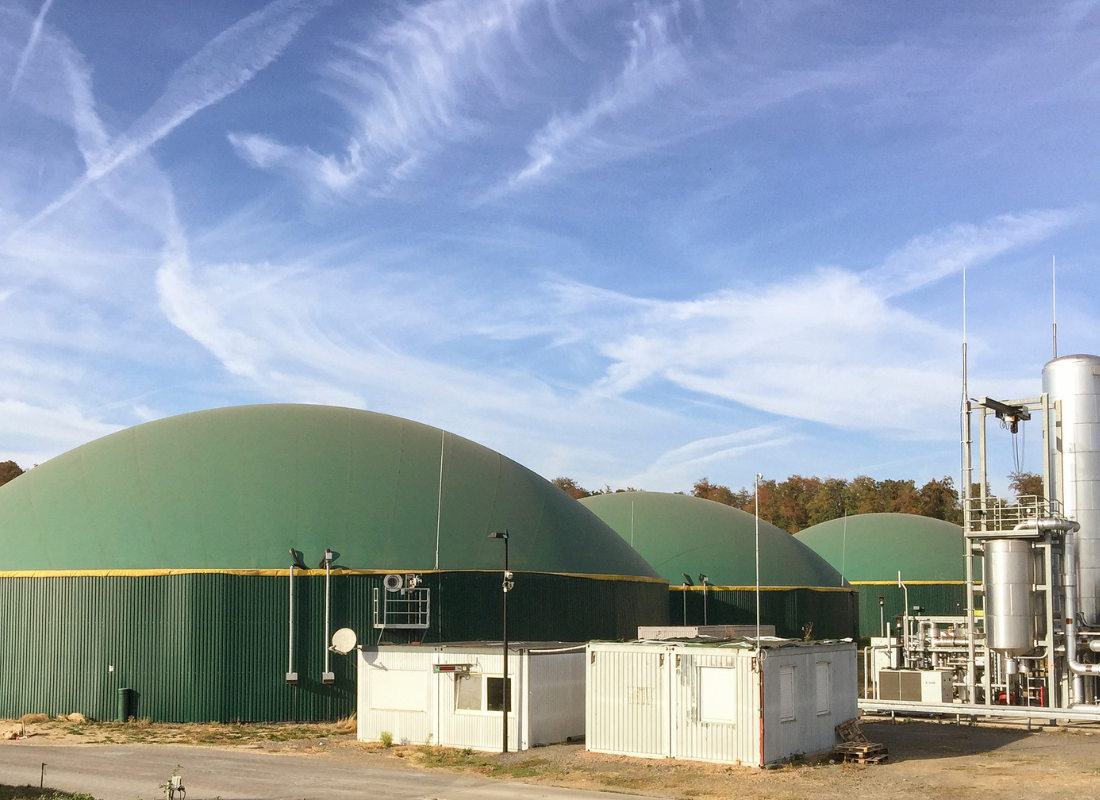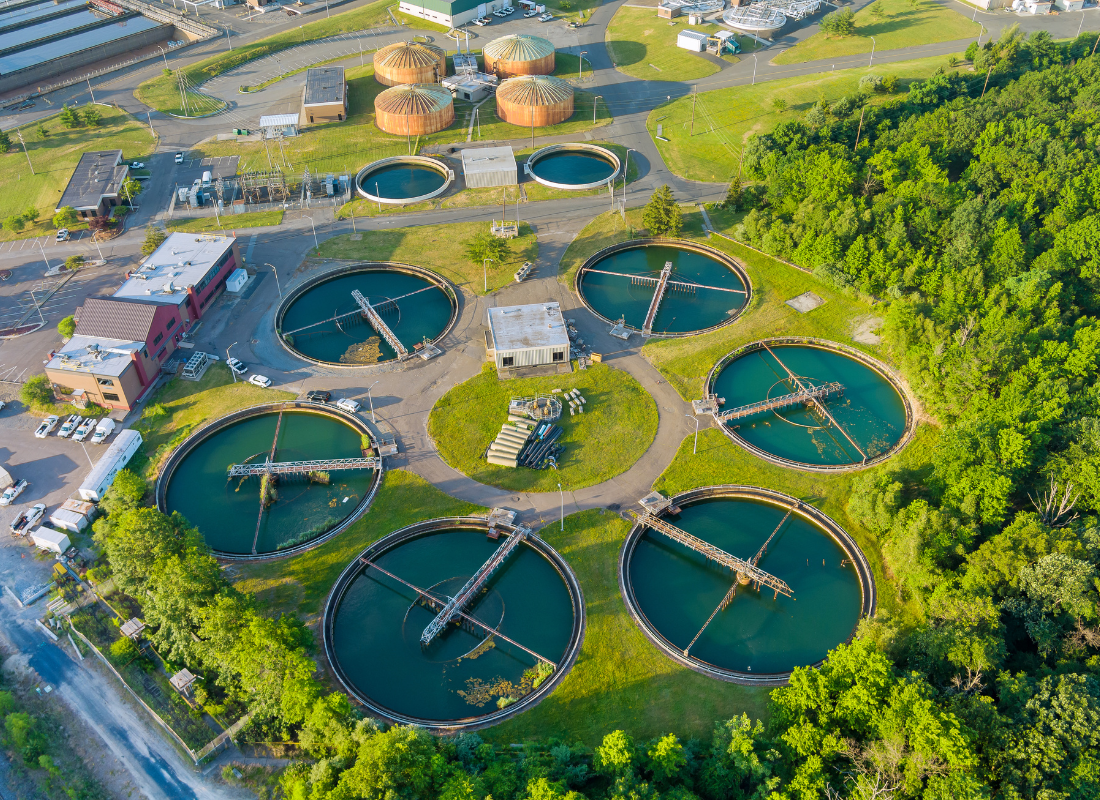
As the global community grapples with pressing environmental challenges such as climate change, biodiversity loss, and pollution, the importance of sustainable development has never been more apparent.
Across the world, countries are increasingly recognizing the need to prioritize environmental conservation and set ambitious sustainability goals to protect the planet for future generations.
In this article, we will explore some of the countries that are leading the charge with their exemplary sustainability goals and initiatives aimed at preserving the environment.
Scandinavian Nations: Setting the Standard for Sustainability
 Scandinavian countries, including Sweden, Denmark, Norway, Finland, and Iceland, are renowned for their strong commitment to sustainability and environmental stewardship.
Scandinavian countries, including Sweden, Denmark, Norway, Finland, and Iceland, are renowned for their strong commitment to sustainability and environmental stewardship.
These nations consistently rank among the top performers in global sustainability indices, thanks to their comprehensive policies, investments in renewable energy, and conservation efforts.
For example, Sweden aims to become one of the world’s first fossil fuel-free nations by 2045, while Denmark has set ambitious targets for renewable energy production and carbon neutrality.
Costa Rica: A Pioneer in Conservation and Renewable Energy
 Costa Rica stands out as a global leader in environmental conservation and sustainable development.
Costa Rica stands out as a global leader in environmental conservation and sustainable development.
Despite being a small country, Costa Rica boasts a wealth of biodiversity and has made significant strides in protecting its natural resources. The nation has set ambitious goals for carbon neutrality, with plans to become carbon-neutral by 2050.
Additionally, Costa Rica generates over 99% of its electricity from renewable sources, primarily hydroelectric, wind, and solar power, demonstrating its commitment to clean energy and environmental sustainability.
Germany: A Trailblazer in Renewable Energy Transition

Biogas, Biomass energy plant, Germany
Germany has emerged as a trailblazer in the transition to renewable energy and is a global leader in the deployment of solar and wind power.
The country’s Energiewende, or energy transition, aims to shift away from fossil fuels and nuclear energy in favor of renewable sources. Germany has set ambitious targets for reducing greenhouse gas emissions, increasing energy efficiency, and expanding renewable energy capacity.
Moreover, the nation’s commitment to sustainability extends beyond energy to include initiatives for waste management, conservation, and environmental education.
Bhutan: Prioritizing Gross National Happiness over GDP
 Bhutan, a small Himalayan kingdom nestled between India and China, has gained international acclaim for its unique approach to development, which prioritizes Gross National Happiness (GNH) over Gross Domestic Product (GDP).
Bhutan, a small Himalayan kingdom nestled between India and China, has gained international acclaim for its unique approach to development, which prioritizes Gross National Happiness (GNH) over Gross Domestic Product (GDP).
Bhutan’s GNH philosophy emphasizes holistic well-being, environmental conservation, cultural preservation, and sustainable development.
The nation has set ambitious goals for environmental conservation, including maintaining at least 60% forest cover and remaining carbon-neutral. Bhutan’s commitment to sustainability is evident in its conservation efforts, sustainable tourism policies, and promotion of renewable energy.
Netherlands: Leading the Way in Climate Adaptation and Innovation

The Netherlands is renowned for its innovative approaches to addressing climate change and water management.
As a low-lying country vulnerable to sea-level rise and flooding, the Netherlands has pioneered techniques for flood protection, water management, and climate adaptation. The nation has set ambitious goals for reducing greenhouse gas emissions, transitioning to renewable energy, and promoting sustainable mobility.
Moreover, the Netherlands is investing in research and innovation to develop solutions for climate resilience, sustainable agriculture, and circular economy practices.
Conclusion

Countries around the world are increasingly recognizing the urgent need to prioritize sustainability and protect the environment for future generations.
From Scandinavian nations leading the charge in renewable energy to Costa Rica’s pioneering conservation efforts and Bhutan’s holistic approach to development, there are numerous examples of countries setting ambitious sustainability goals and taking decisive action to address environmental challenges.
As we confront the existential threats of climate change, biodiversity loss, and pollution, the leadership and commitment of these countries serve as inspiring examples of what can be achieved through collective action, innovation, and a shared commitment to safeguarding the planet. By working together and adopting sustainable practices, we can build a more resilient, equitable, and sustainable future for all.




